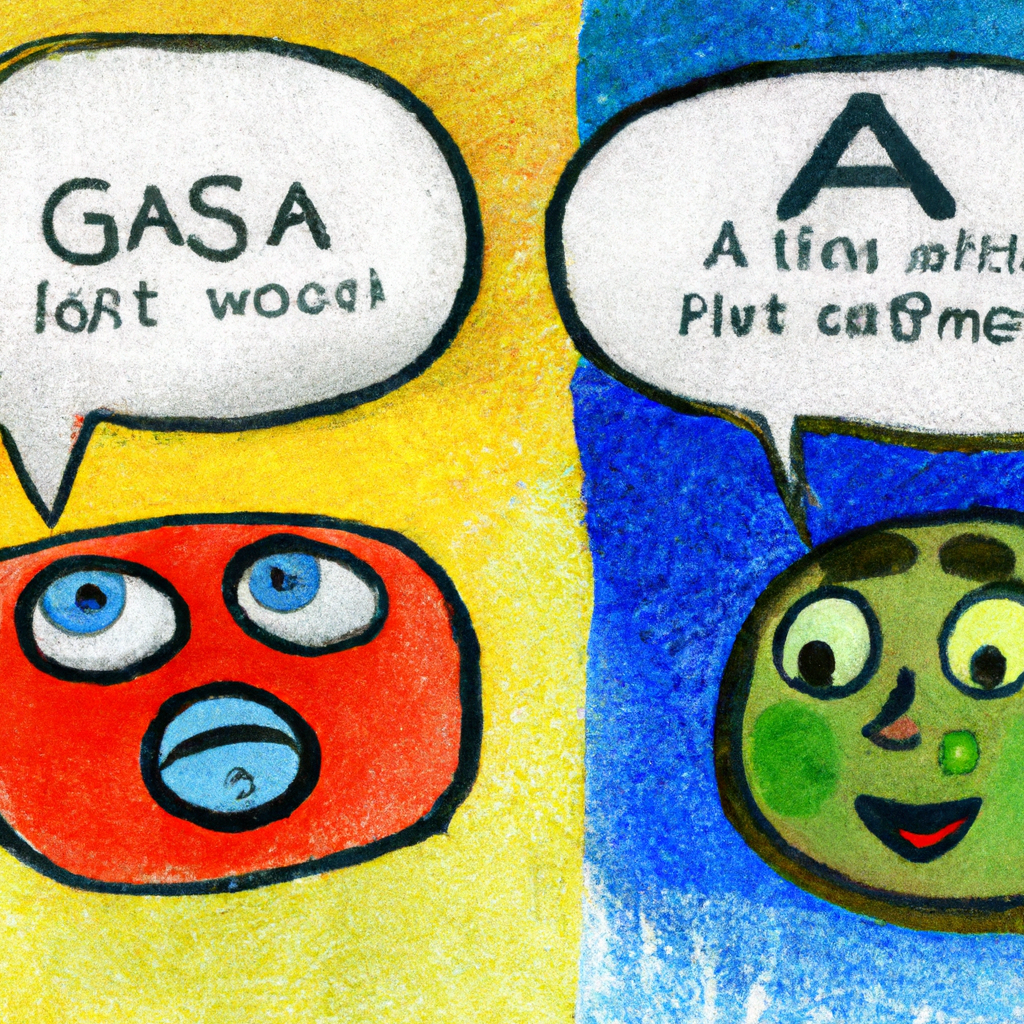
Virtual assistants have become an integral part of our lives. They help us with tasks, answer our questions, and even entertain us. Two popular virtual assistants that have gained significant attention are Google Voice Assistant and ChatGPT. While both are designed to assist users, they differ in their capabilities and functionalities. In this blog post, we will compare Google Voice Assistant and ChatGPT to help you understand their strengths and weaknesses.
Google Voice Assistant 101
Google Voice Assistant, developed by Google, is a voice-controlled virtual assistant that is available on various devices, including smartphones, smart speakers, and smart displays. It utilizes Google’s vast knowledge graph and machine learning algorithms to provide accurate and relevant information. With Google Voice Assistant, you can perform a wide range of tasks, such as setting reminders, sending messages, making phone calls, and even controlling smart home devices.
One of the key advantages of Google Voice Assistant is its integration with other Google services. It seamlessly connects with Google Calendar, Gmail, Google Maps, and other Google apps, allowing you to access your information and perform tasks with ease. For example, you can ask Google Voice Assistant to schedule a meeting, send an email, or navigate to a specific location, and it will execute the command efficiently.
Moreover, Google Voice Assistant excels in its ability to understand natural language and context. It can comprehend complex queries and provide accurate responses. Whether you’re asking about the weather, searching for a recipe, or seeking information on a specific topic, Google Voice Assistant delivers precise and relevant answers.
ChatGPT in a Nutshell
On the other hand, ChatGPT, developed by OpenAI, is a text-based virtual assistant that utilizes advanced natural language processing models. It is designed to engage in conversational interactions and provide detailed responses. Unlike Google Voice Assistant, ChatGPT is primarily accessed through chat interfaces, such as messaging apps or websites.
One of the notable strengths of ChatGPT is its ability to generate human-like responses. It has been trained on a vast amount of text data, enabling it to mimic human conversation to a certain extent. This makes ChatGPT an excellent tool for engaging in open-ended discussions or seeking creative suggestions. However, it is important to note that ChatGPT’s responses are generated based on patterns in the training data and may not always be accurate or reliable.
Another advantage of ChatGPT is its versatility. It can assist users in various domains, including answering questions, providing recommendations, and even offering writing assistance. For example, if you’re struggling to come up with ideas for a blog post, you can ask ChatGPT for suggestions, and it will generate potential topics or outlines for you to consider.
However, ChatGPT does have its limitations. It may sometimes produce responses that are nonsensical or lack coherence. Additionally, since it relies solely on text-based interactions, it may not be as convenient or accessible as Google Voice Assistant, especially in situations where voice control is preferred or necessary.
Which Will You Choose?
Both Google Voice Assistant and ChatGPT offer unique features and capabilities. Google Voice Assistant excels in its integration with Google services, its natural language understanding, and its ability to perform a wide range of tasks. On the other hand, ChatGPT shines in its conversational abilities, its versatility, and its potential for creative interactions. Ultimately, the choice between the two depends on your specific needs and preferences.


